Some things start off great, making life better, easier, or more enjoyable. But then, a handful of people push things too far, take advantage, or just plain ruin it for everyone. It happens all the time. It can be a fun activity, a convenience, or a simple pleasure, there’s always someone who has to spoil it.
Here are some things that were once good but ended up getting wrecked thanks to bad human behavior.
All-You-Can-Eat Buffets
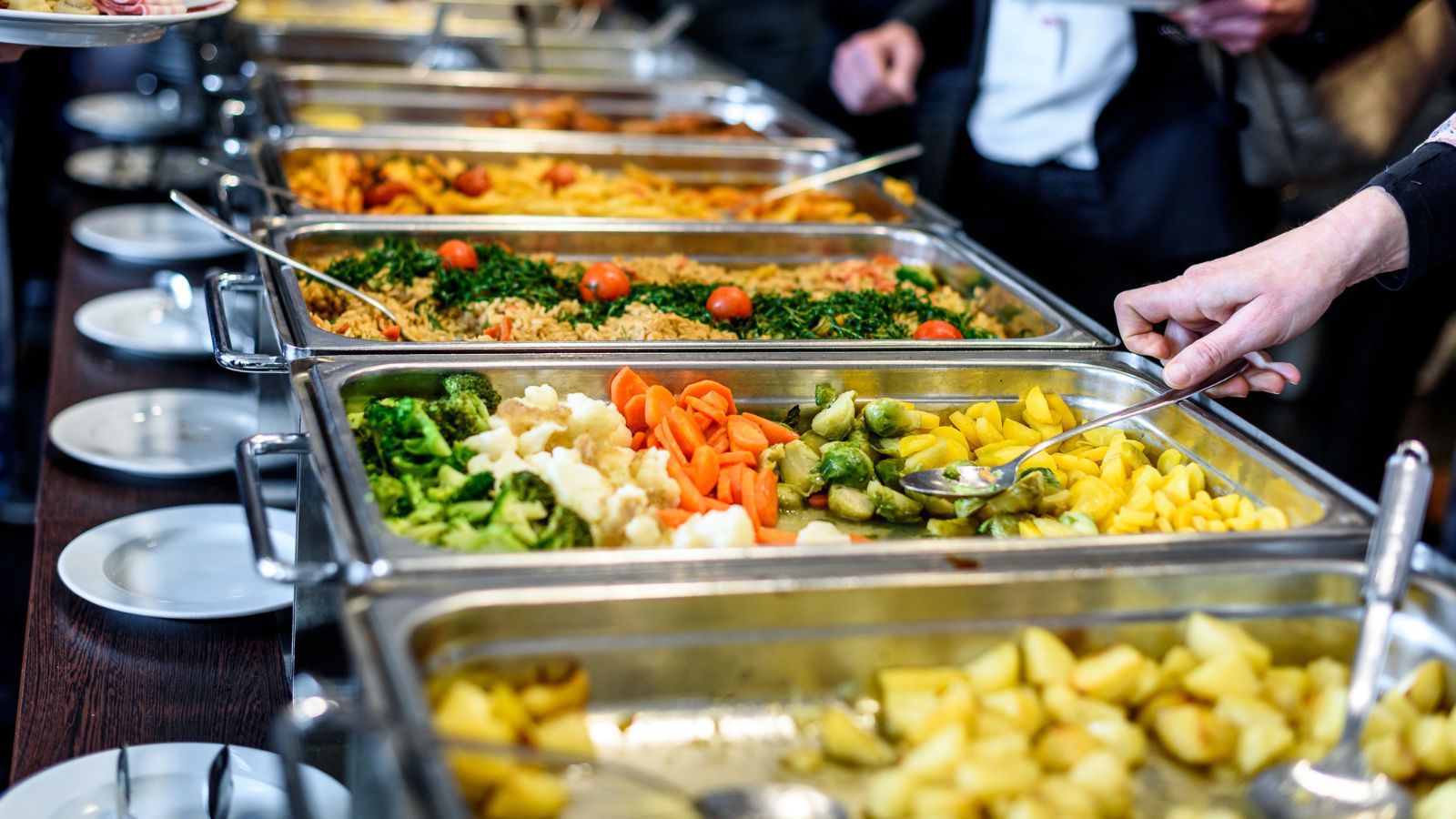
These used to be a great way for families to enjoy a variety of foods without spending a fortune. But some people abused the system, piling their plates with ridiculous amounts of food and wasting more than they ate. Others smuggled food out in containers or stuffed it into their purses.
What had been a great deal became unsustainable because some folks just couldn’t help themselves.
Airbnb
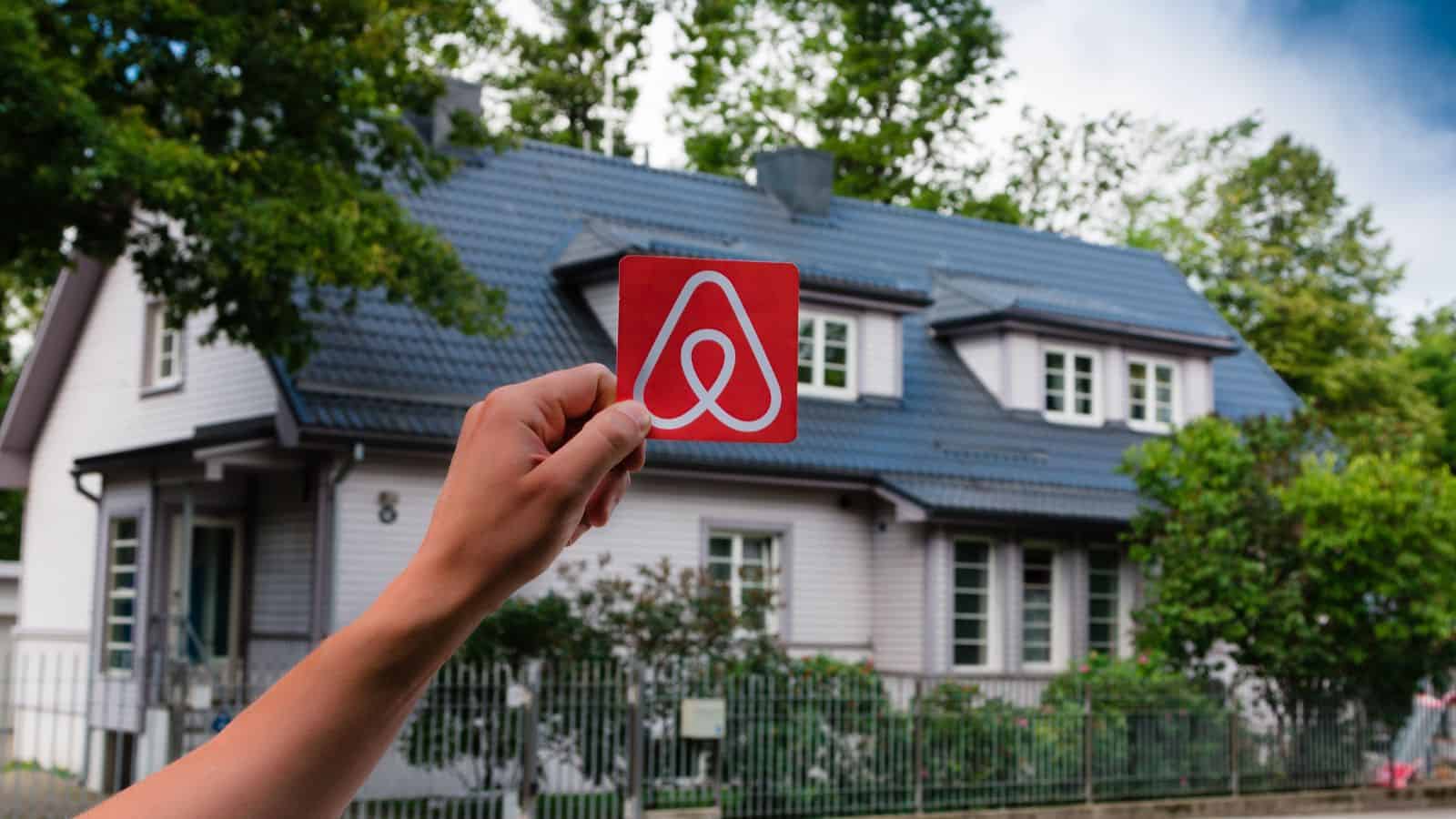
It started as a brilliant way to travel on a budget while getting a more personal experience. But then investors and landlords saw the profit potential and started buying up properties just to list them. That led to housing shortages, skyrocketing rents, and complaints from neighbors. In many cities, Airbnb isn’t even an affordable option anymore because prices are as high as hotels.
YouTube Tutorials

Once upon a time, YouTube was a goldmine of high-quality, free tutorials on just about anything. You could learn a new skill, fix a broken appliance, or master a craft without spending a dime. But clickbait titles, misleading thumbnails, and ten-minute videos with no useful information took over.
Instead of being a go-to, YouTube tutorials are now hit or miss, making it harder to find genuinely helpful content.
Concerts
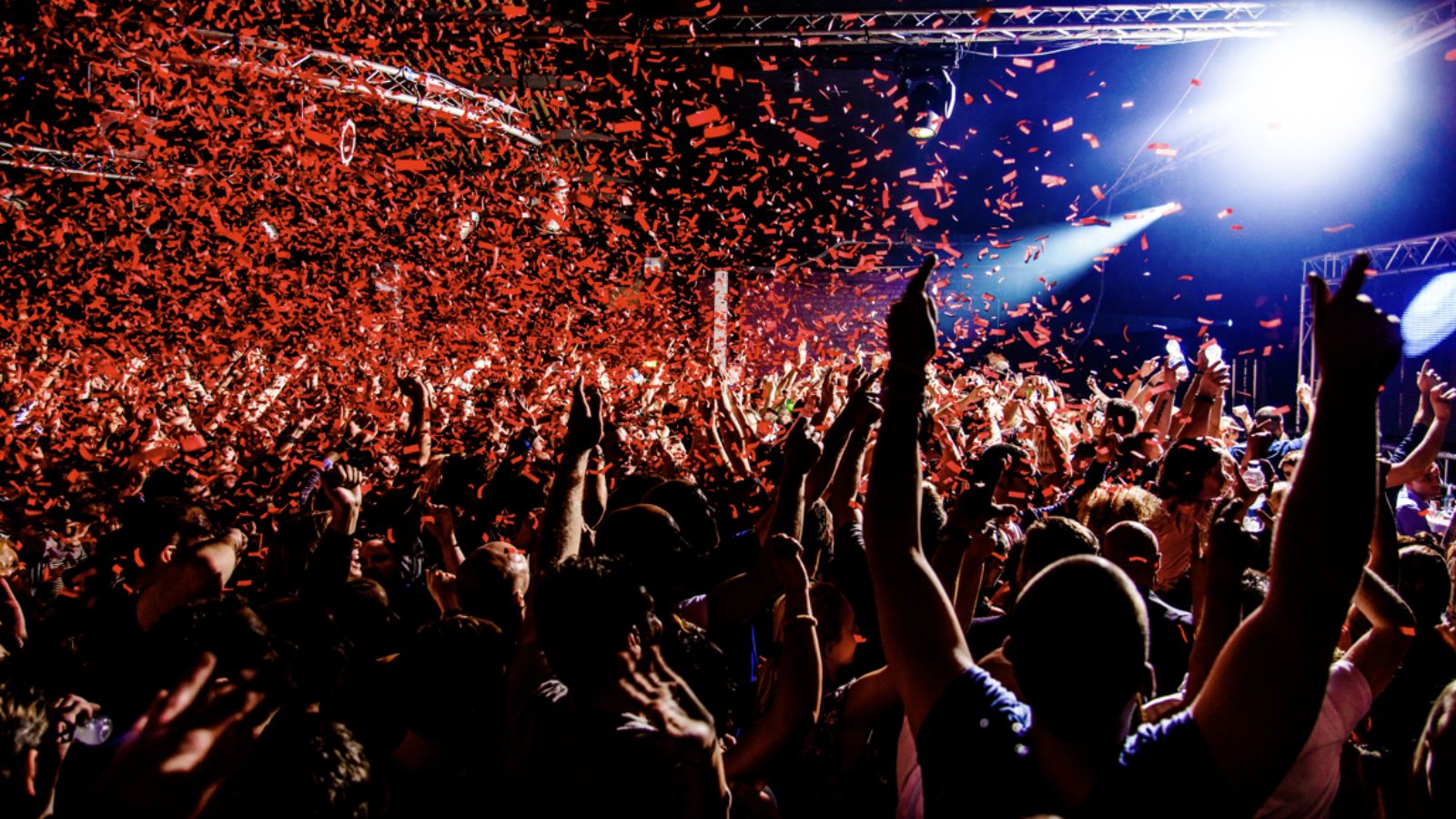
A live concert used to be an unforgettable experience that didn’t break the bank. You could see your favorite band live for a reasonable price, and the atmosphere was all about the music. But then, ticket scalpers and bots took over. Tickets sell out in minutes, only to be resold at insane markups.
On top of that, some fans ruin the experience by spending the whole time recording on their phones instead of actually enjoying the show.
Online Reviews
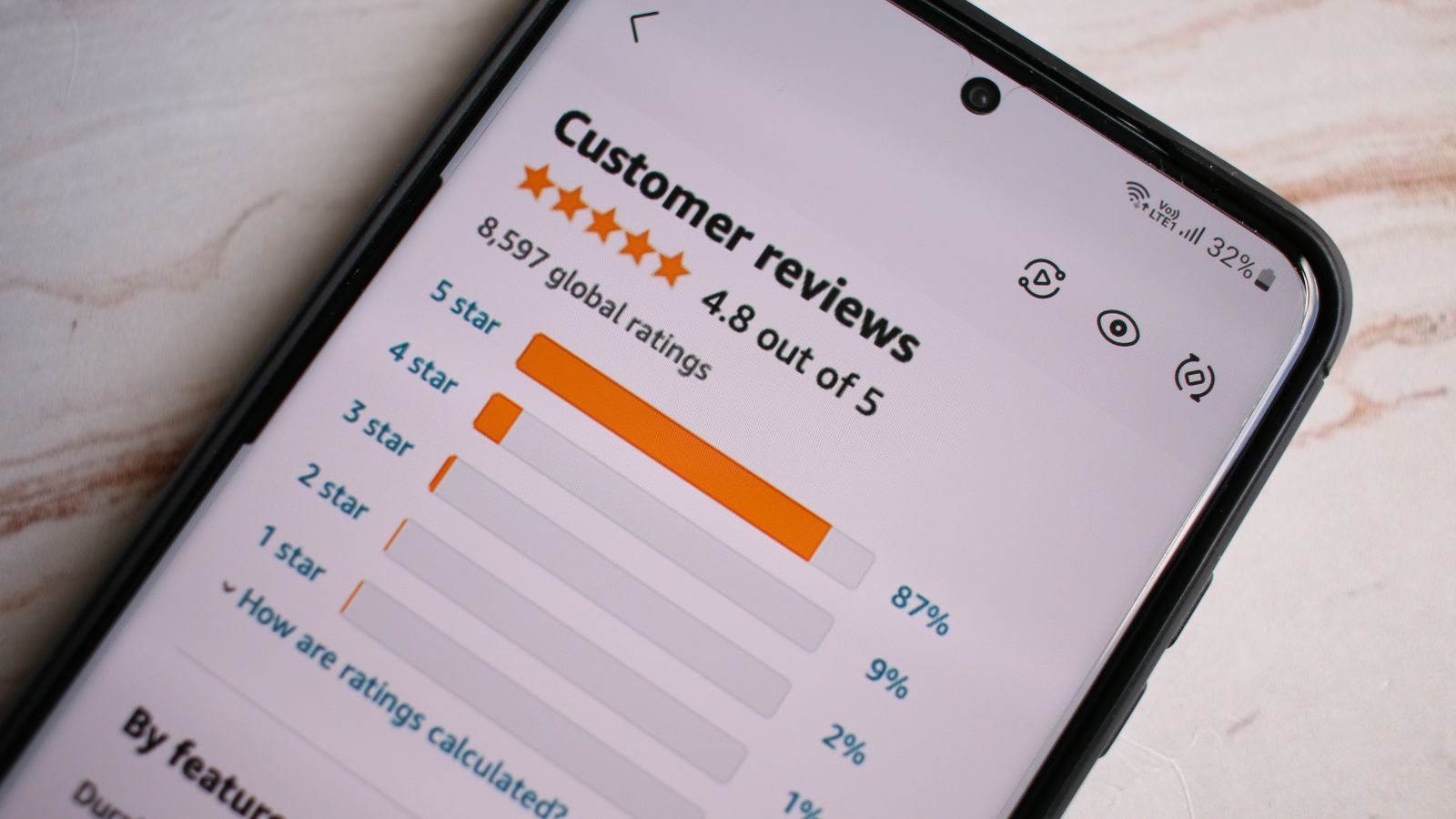
Sites like Yelp and Amazon reviews used to be lifesavers. You could read honest opinions before making a purchase or choosing a restaurant. It helped us avoid bad products and ensured businesses improved their services. But fake reviews started flooding the internet. Companies now pay people to leave glowing five-star ratings or trash their competitors. With so much manipulation, it’s hard to tell which reviews are genuine anymore.
Social Media
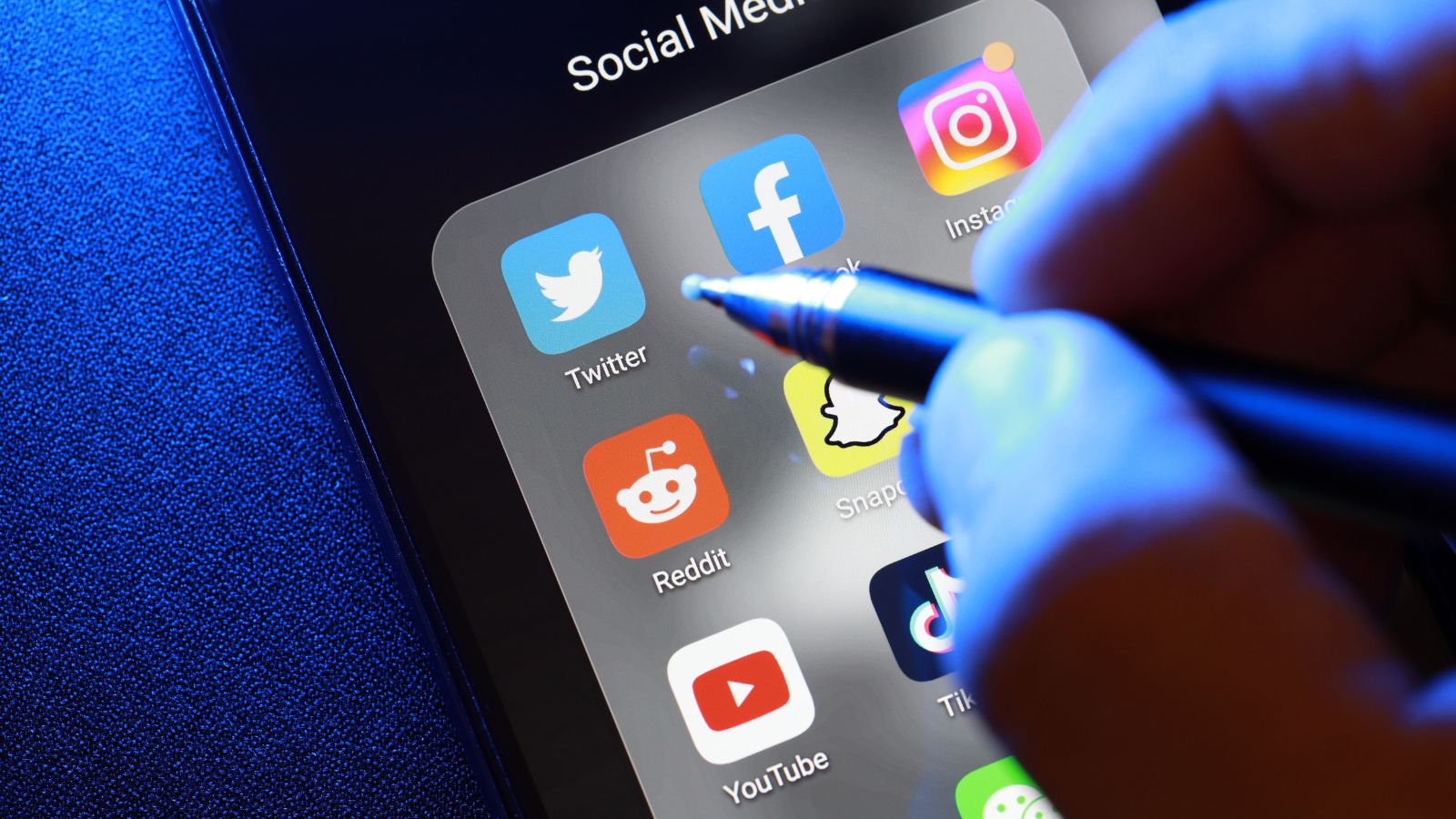
At the beginning, social media felt like a revolutionary way to connect with friends and family. It was fun, exciting, and gave everyone a voice. But it turned into a battleground of arguments, misinformation, and unrealistic expectations.
On top of that, privacy concerns, addictive algorithms, and toxic online behavior have made it more harmful than helpful for many.
Free Samples at Grocery Stores
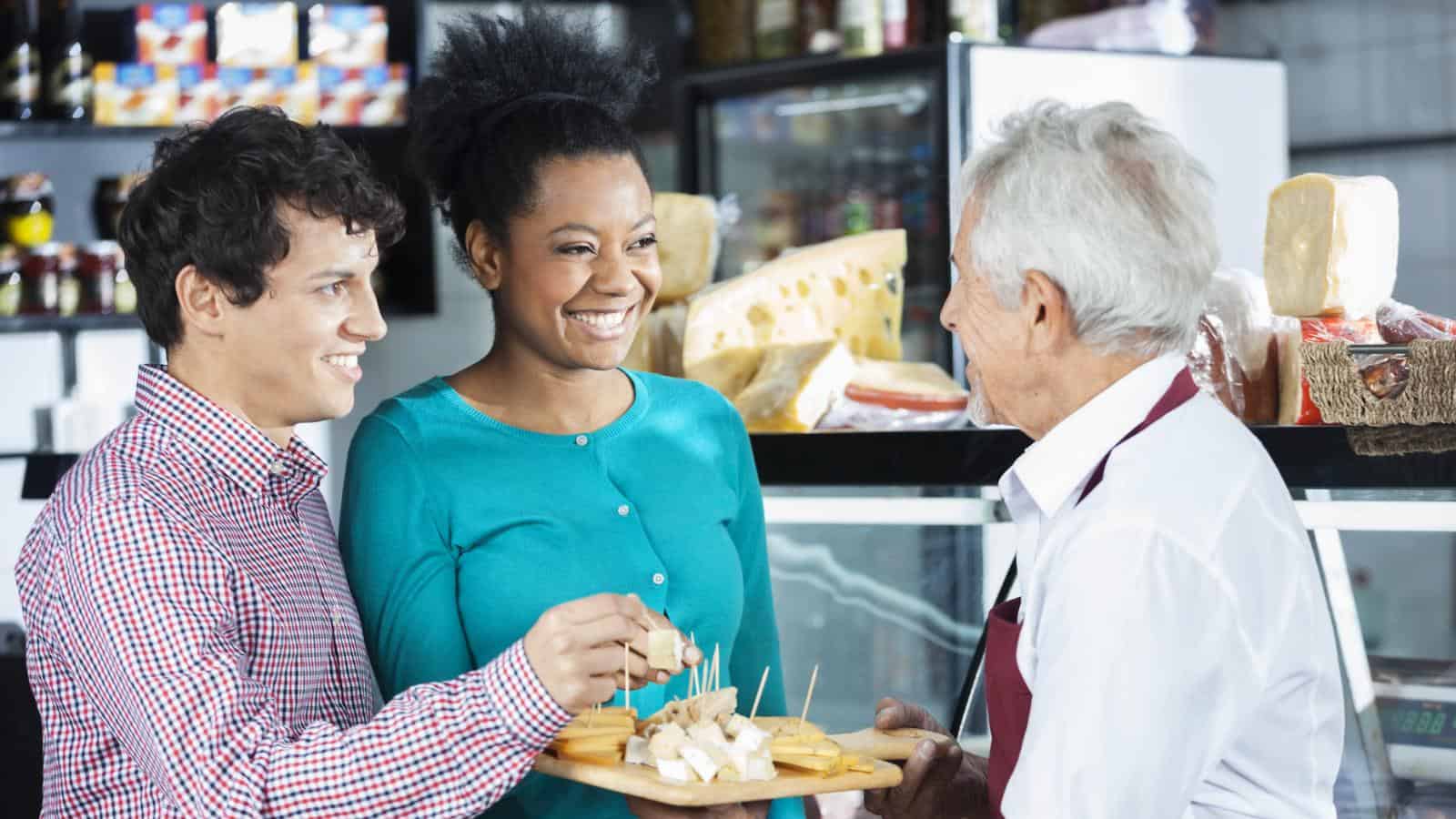
Few things were as delightful as stumbling upon a free sample station at the grocery store. It was a small treat that made shopping more enjoyable. But greedy people started abusing it. Some would circle back repeatedly to grab more, others brought their entire families just to eat for free, and some tried stuffing samples into their bags.
Stores had to crack down, and eventually, many stopped offering free samples altogether.
Trick-or-Treating
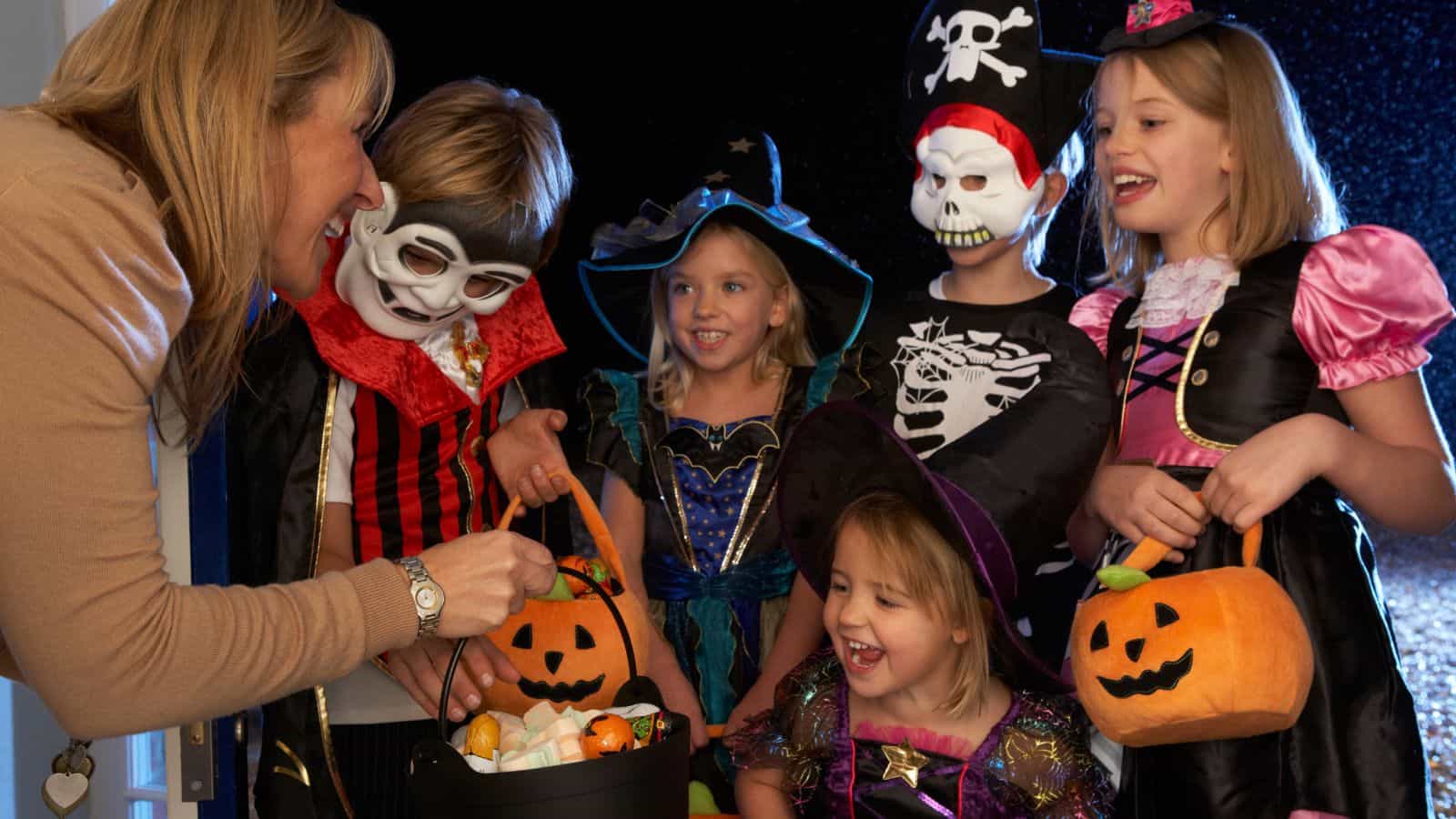
Halloween night used to be fun, with kids roaming the streets in costumes, collecting candy from friendly neighbors. It was a wholesome tradition that brought communities together. Then, paranoia took over. Stories of tainted candy and bad actors made parents more cautious.
Some people started giving out toothbrushes instead of candy, while others were bad sports. Now, trick-or-treating has been largely replaced by organized events, with kids missing out on the fun of knocking on doors in their neighborhoods.
Movie Theaters

It was hard to beat the experience of watching a blockbuster on the big screen with a tub of buttery popcorn. But the magic started to fade. Prices for tickets and concessions skyrocketed, making it an expensive night out. People talking or using their phones ruined the atmosphere.
With streaming services offering new releases at home, fewer people see the point in dealing with the hassle of a crowded theater.
The Rise of Fast Fashion

Once, fashion brands focused on quality, and clothes were made to last. But the demand for cheap, trendy clothing exploded and saw foreign factories churn out low-quality items at breakneck speed, leading to massive waste, unethical labor practices, and pollution.
Clothes fall apart quickly, and people toss them out after a few months, causing major environmental and social harm.
Public Parks and Hiking Trails
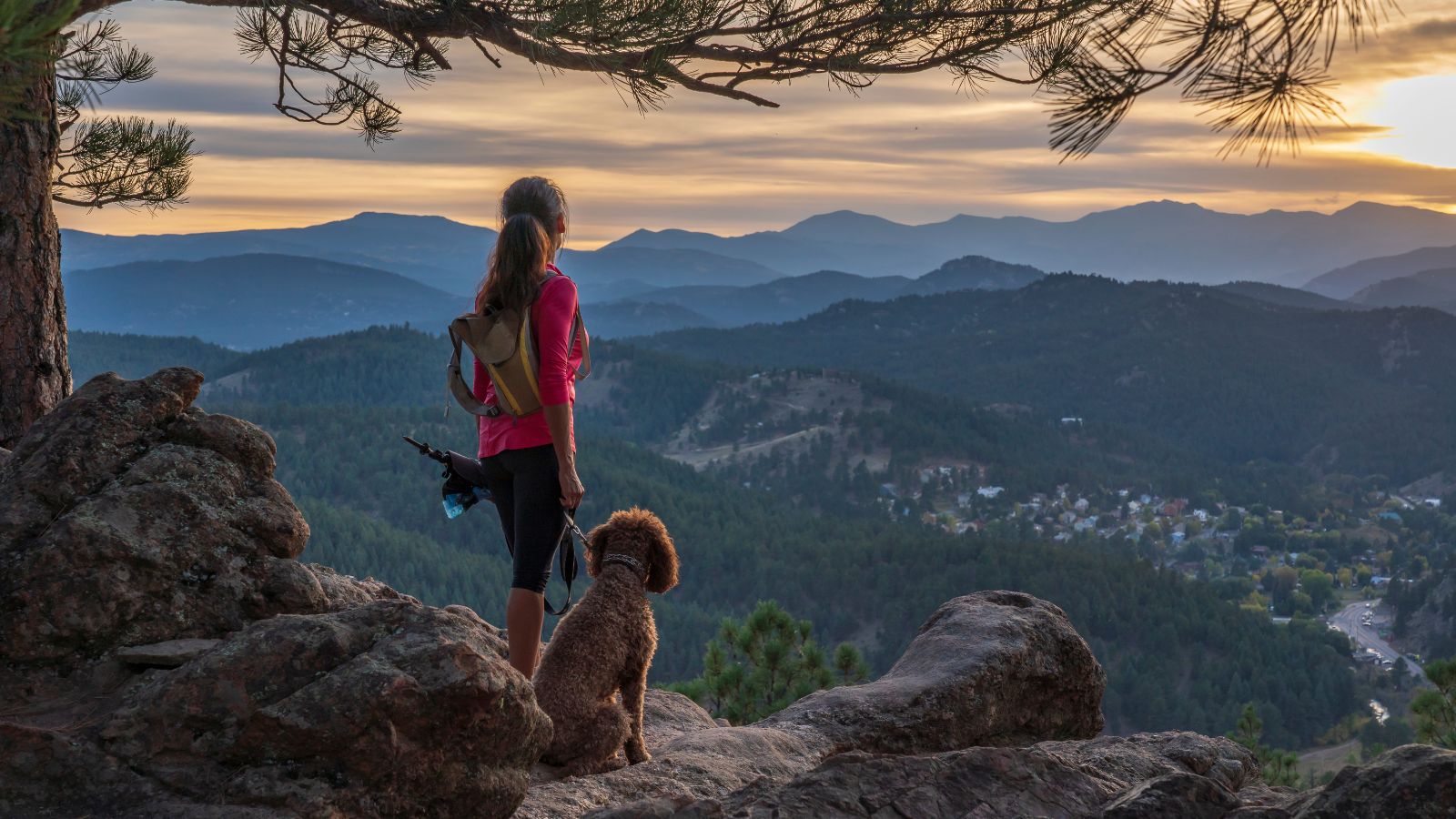
Outdoor spaces used to be peaceful escapes where people could enjoy nature. But as social media popularized certain parks and trails, crowds flooded in. They left behind trash, vandalized natural areas, and ignored rules meant to preserve the environment. Some places have had to restrict access or shut down entirely to recover from the damage.
Subscription Services

It started as a convenient way to get music, TV, and even household goods. But soon, everything became a subscription. Now, instead of owning something outright, people are locked into monthly payments for things that used to be one-time purchases. Meanwhile, companies make it difficult to cancel, and subscription prices keep rising.
Farmers’ Markets
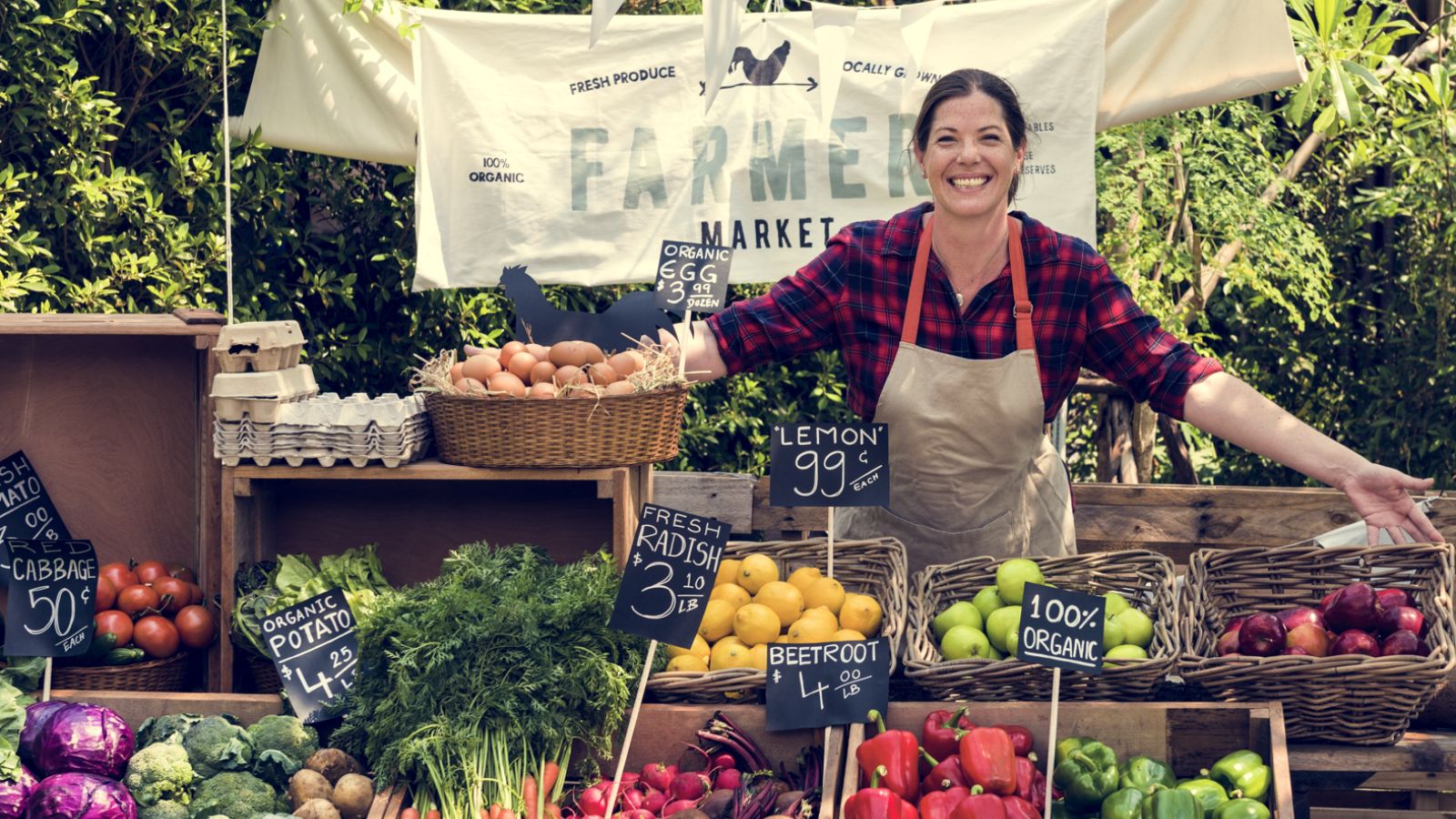
Back in the day, farmers’ markets were a great way to buy fresh, local produce directly from the people who grew it. They supported small farms and gave communities access to quality food. But as their popularity grew, so did prices, and big vendors started taking over. Many farmers’ markets now feel less like a local, community-driven event and more like an expensive tourist attraction.
Public Restrooms

Basic but essential conveniences, public restrooms used to be available in parks, cities, and transit hubs. Thanks to people misusing them, through vandalism, drug use, or just plain lack of cleanliness, many places have stopped offering them altogether. Finding a clean, accessible restroom while out and about is becoming more difficult than ever.
Libraries

Quiet, welcoming spaces where anyone could read, study, or borrow books for free, libraries used to be safe havens for students, researchers, and casual readers alike. Thanks to budget cuts, misuse, and people treating them like daycare centers or homeless shelters, many libraries have changed drastically.
Noise levels have gone up, resources have been stretched thin, and some have had to close.
Biking in Cities
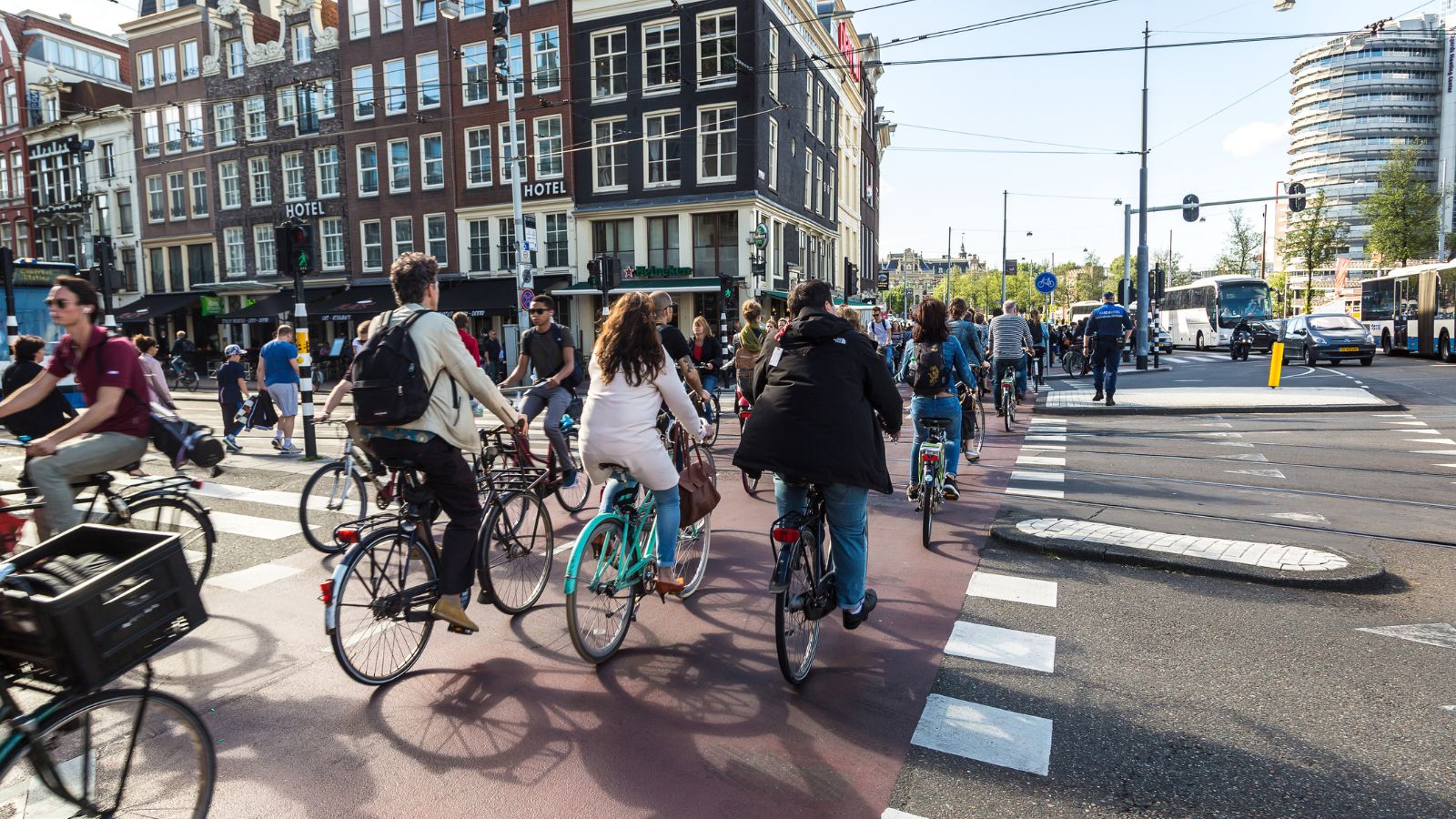
This used to be a cheap, eco-friendly way to get around urban areas, but as more people adopted it, problems followed. Reckless cyclists ignoring traffic laws, bike thieves making cycling a financial risk, and city infrastructure failing to keep up have all made biking less enjoyable. Some cities have tried to implement bike lanes, but conflicts between cyclists, pedestrians, and drivers have only made things worse.
Customer Loyalty Programs
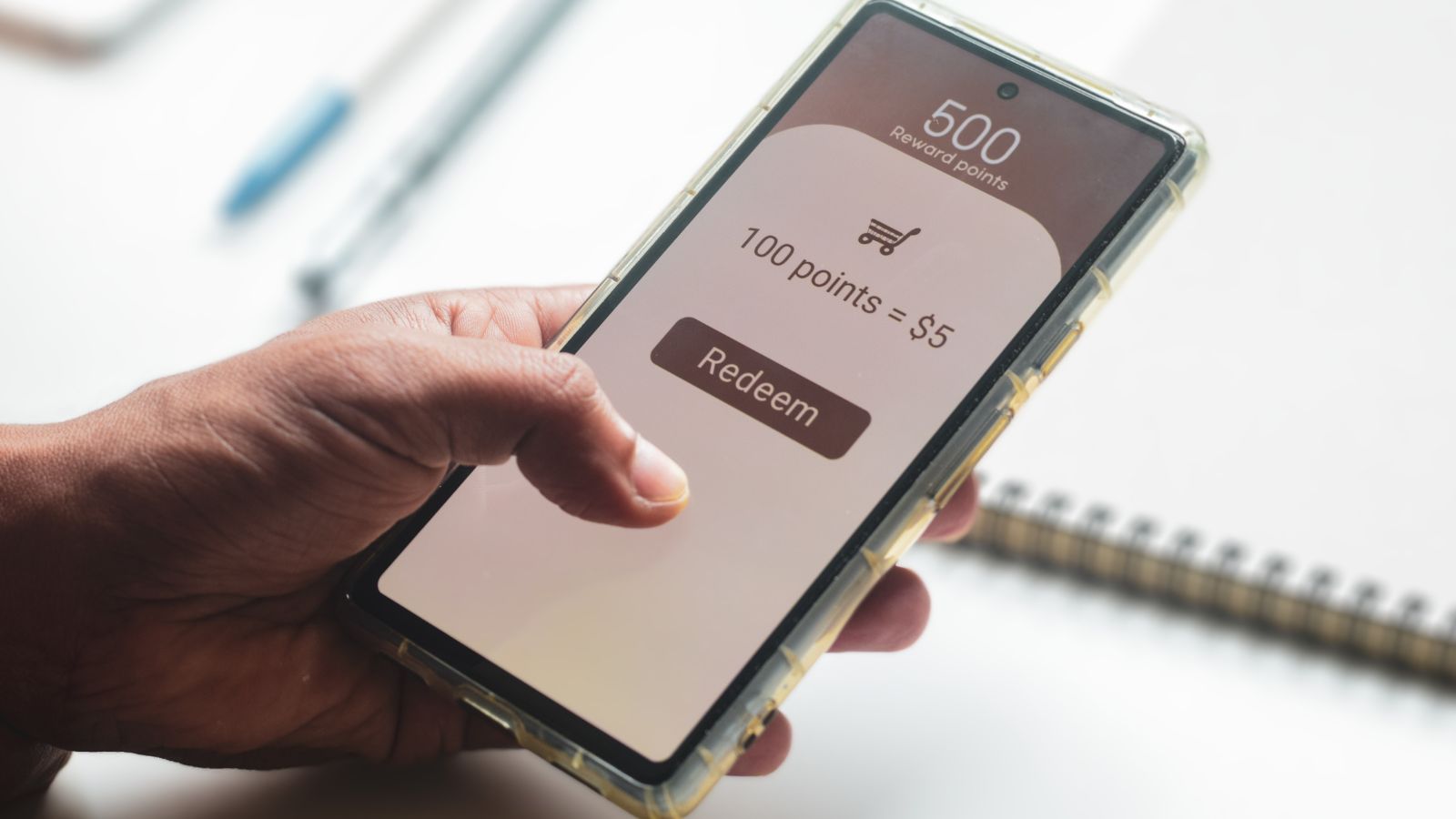
Originally created to reward frequent customers with discounts, free products, or exclusive perks, loyalty programs were welcomed. But over time, they’ve become complicated, full of restrictions, and less rewarding. Some companies now use them to collect data rather than actually giving customers valuable benefits.
Points expire quickly, redemption is confusing, and real savings are minimal. Customers often feel tricked into spending more just to get a small, often meaningless reward.
